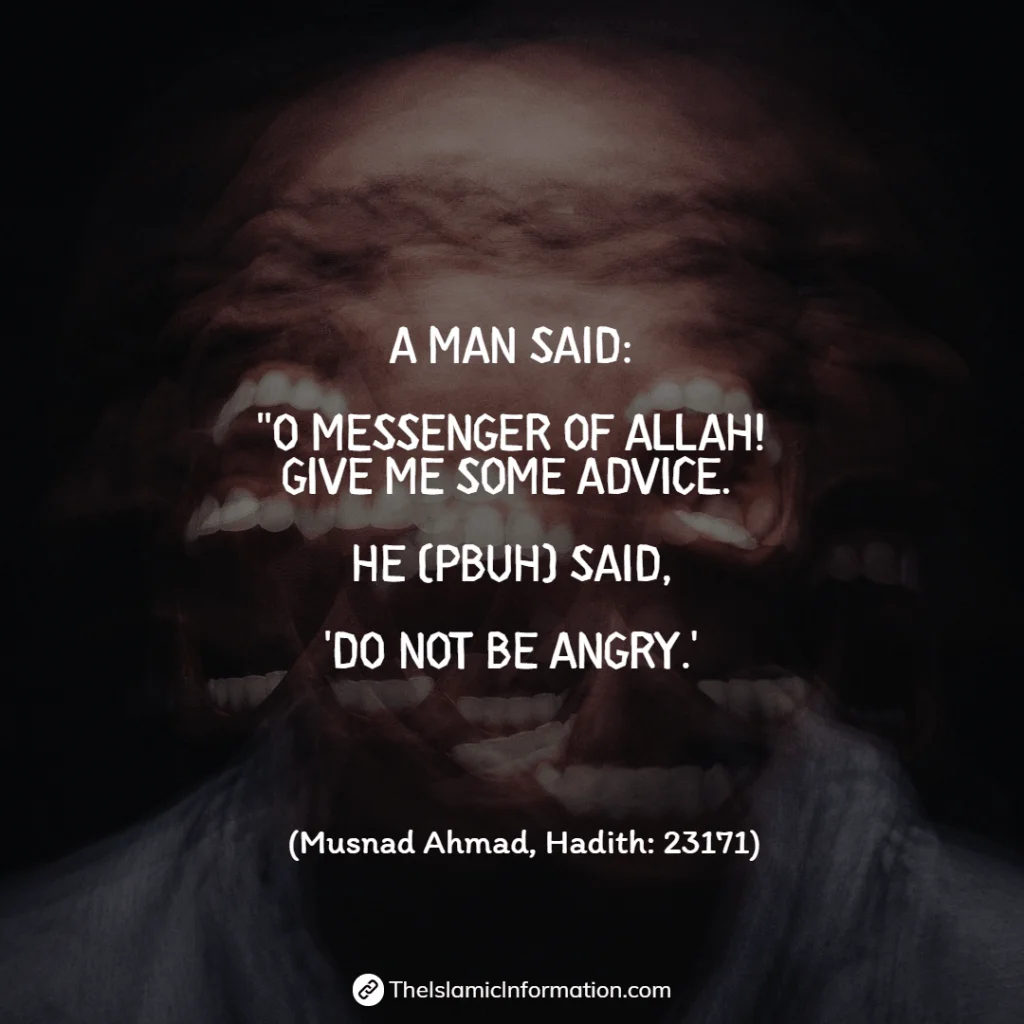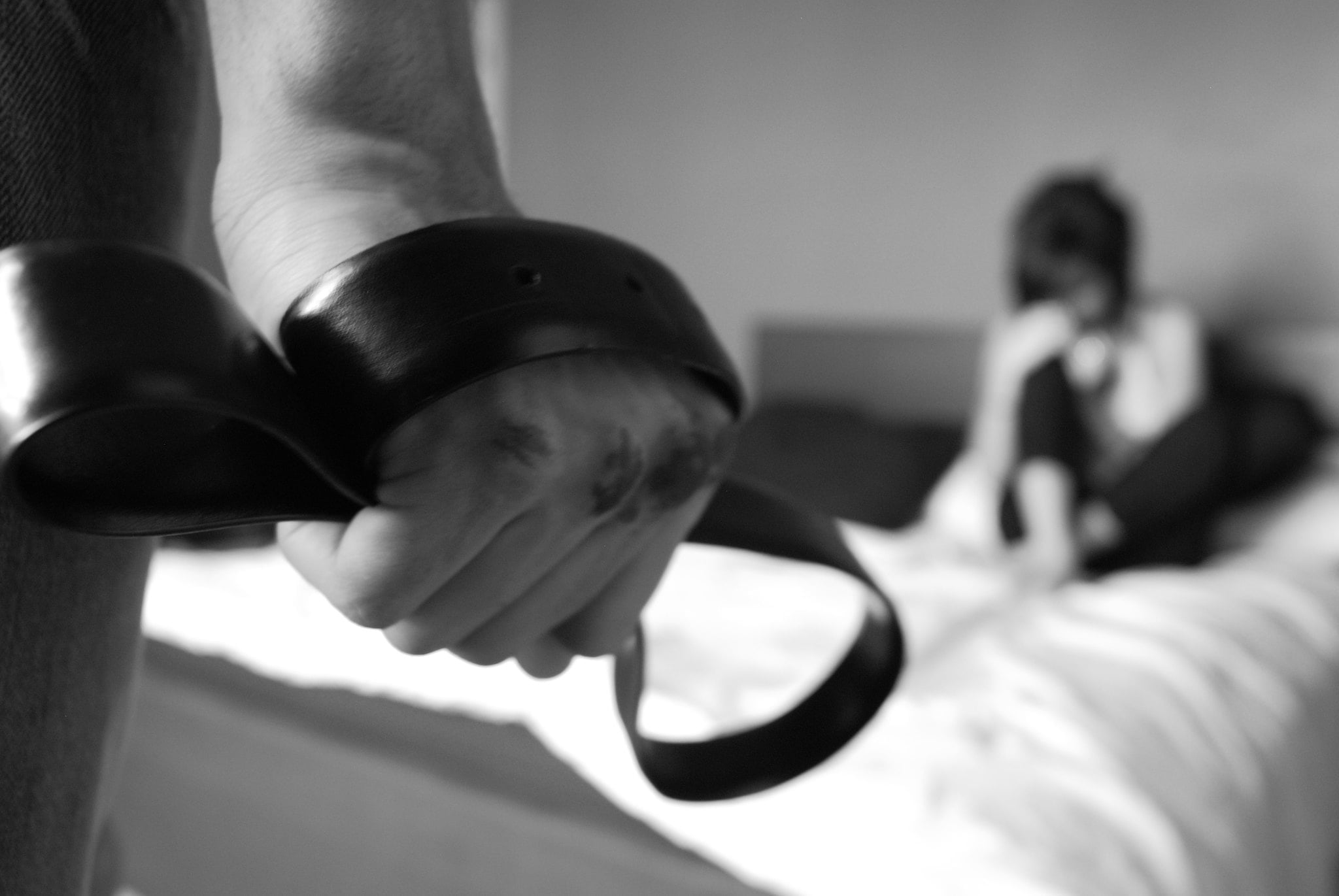The role of teachers is important in shaping the child’s mind. Teachers have an impact on the development of their talents and their intellect. Due to the teachers, the beautiful thinking of the child is formed. But what if the child-student is brutally beaten?
For example, we saw the news of the brutal persecution of a madrasa in Bangladesh in the media. The truth is that child abuse is often present in all primary education systems in our country.
Why this happens and how this problem can be solved – the Board of Education and the policymakers can take steps in this regard. Tough decisions can be made to suppress these.
Is it permissible to hit children for the sake of education?
Islamic scholars have called out publically that “Children trust in the necks of parents. They must strive and ensure their care, discipline, and upbringing of good and upright.”
The Islamic scholars stated that “Islam is the religion of mercy and it is commanded to be kind,” and advised against hitting children.”
The Islamic scholars have stated, “We are advising teachers not to hit children because that promotes hate and anger and Prophet Muhammad PBUH also forbade hitting or insulting children, especially hitting their face.“
Let’s dive into a more detailed discussion about Prophet’s (PBUH) warning about beating children;
Anger brings much damage
Angry and grumpy teachers are always on the list of students’ dislikes. In many cases, the students became restless because of their rude attitude. Students are victims of cruelty. This is clear injustice and oppression. This anger at one time brings evil and various dangers.
Narrated from one of the Companions;

To die unjustly is a sin and a crime
It is not permissible to beat a child or anyone else unjustly. The Prophet (PBUH) issued a stern warning about this. In a hadith narrated from Abu Hurairah (RA);

Mufti Muhammad Shafi (RA) said that beating children is very horrible. Other sins can be forgiven through repentance. But if children are abused, it is not easy to get forgiveness. Because it is the rights of slaves. And the rights of slaves are not forgiven only through repentance. We have to apologize to those whose rights have been violated. Meanwhile, cruelty to a minor child is a big crime.
Also, the pardon of a minor is not acceptable in the eyes of the Shariah. It is tough to get forgiveness for this crime. So be very careful and cautious about beating and abusing children. (Islahi Majalis, Mufti Taqi Usmani)
Everyone needs to learn from the glorious hadith of the Prophet (PBUH). In the light of that teaching, teachers should change their way of governing. Let the teaching method be wonderful and sweet.


 WhatsApp Channel
WhatsApp Channel
 Instagram
Instagram
 Facebook
Facebook
 X (Twitter)
X (Twitter)
 Google News
Google News
how to educate children without getting angry according to Islam…?
It is not permissible to beat a child or anyone else unjustly. The Prophet (PBUH) issued a stern warning about this. In a hadith narrated from Abu Hurairah (RA);
Could you plz give me hadith of Abu Hurairah RA regarding kids
Thank you, Samir, for your comment and for highlighting the importance of not unjustly beating children. I understand that you are seeking a hadith from Abu Hurairah (RA) specifically regarding kids. While I don’t have the exact hadith you are referring to, I can provide you with some general guidance from the Prophet Muhammad (PBUH) regarding the treatment of children.
The Prophet (PBUH) emphasized kindness, compassion, and gentle upbringing when it comes to children. He himself set a beautiful example in his interactions with children and taught his followers to do the same. The Prophet (PBUH) said, “Whoever does not show mercy to our children and honor to our elders is not one of us.”
Additionally, the Prophet (PBUH) encouraged parents to guide and educate their children with love and care. He said, “Teach your children three things: love for your Prophet, love for his family, and recitation of the Quran.” This hadith emphasizes the importance of nurturing children in an environment of love and instilling the values of faith.
It is crucial to understand that Islam emphasizes discipline and guidance rather than physical punishment. The Prophet (PBUH) never condoned unnecessary or excessive force, and he warned against harming others, including children. He once said, “The best among you is the one who is best to his family, and I am the best to my family.”
In light of these teachings, it is clear that Islam encourages a gentle and compassionate approach when dealing with children. Instead of resorting to physical punishment, it is more effective to employ positive reinforcement, effective communication, and understanding to guide children towards good behavior and moral values.
Remember, the context in which this topic is discussed is crucial, as every situation may have its own unique circumstances. It is always recommended to seek guidance from knowledgeable scholars who can provide specific advice based on individual situations.
I hope this response provides some insight into the Islamic perspective on raising and educating children.